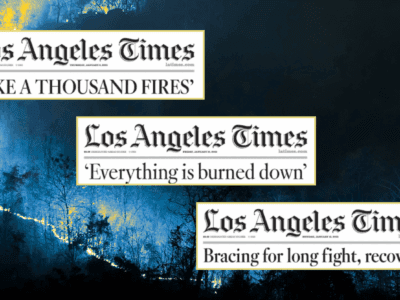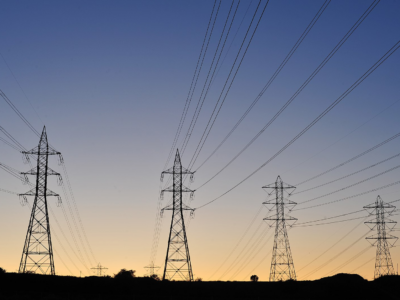Seismic Uncertainty
What happened last March 11 wasn’t supposed to be possible. The seismic hazard maps didn’t entertain the idea of a 9.0 magnitude earthquake off the Tohoku coast of Japan.
But the Earth paid no heed to scientific orthodoxy. A massive slab of the planet’s crust lurched 180 feet to the east. It rose about 15 feet, lifted the ocean and tipped the Pacific’s waters onto the Japanese coast.
That’s the opening of a Washington Post story about the pitfalls of predicting earthquakes. Geologists dispute the extent of the uncertainty, with some maintaining that seismic hazard maps are all but useless. That seems to be extreme, but surprises are not uncommon, as illustrated by the Virginia earthquake last August.
What are the policy implications of this kind of uncertainty? We obviously can’t build every structure everywhere in the world to withstand a huge earthquake. However, at least three policies suggest themselves.
First, we should at least build in a significant margin of safety for critical infrastructure, rather than assuming that our best estimate of earthquake risk is correct. By critical infrastructure, I mean facilities where failure would be very dangerous or costly, like nuclear reactors and dams.
Second, we should increase our ability to respond to the unexpected. We should invest in FEMA and its state counterparts, in strengthening the public health system, and in local first responders. In an uncertain world, these provide the capacity to respond to a broad spectrum of surprises in order to minimum harm.
Third, as to the harms that cannot be avoided, we should provide insurance against catastrophic events. Unpredictable disasters are difficult to cover through private insurance because companies cannot calculate the appropriate premium. So “insurance” may need to take the form of government assistance, with the “premiums” coming from the taxpayers generally. We could consider this as part of the social contract: each of us commits to paying if necessary to help the victims of catastrophic surprises, thereby securing the help we may need ourselves if we are unlucky enough to be in harm’s way.
Dangerous surprises are unavoidable because human knowledge will always be imperfect. We cannot allow ourselves to be paralyzed by this fact of life or to obsess about every imaginable hazard. But we can take reasonable precautions in the face of uncertainty, rather than allowing ourselves the comfortable illusion of certainty.







2 Replies to “Seismic Uncertainty”
Comments are closed.